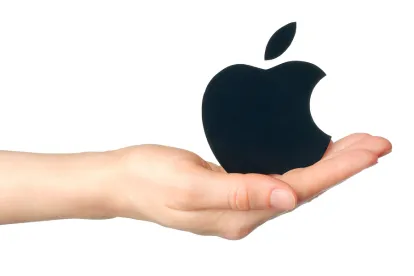The US Court of Appeals for the Federal Circuit vacated a scheduling order from the US District Court for the Western District of Texas and directed the court to postpone fact discovery and other substantive proceedings until it considered a motion for transfer. In re: Apple Inc., Case No. 22-162 (Fed. Cir. Nov. 8, 2022) (Reyna, J.) The Federal Circuit ordered that Apple’s motion to transfer must proceed expeditiously as the first order of business, precluding fact discovery and other substantive matters. The Court has repeatedly scolded Judge Albright for his refusal to transfer patent cases out of the Western District of Texas.
Aire Technology sued Apple for patent infringement in October 2021. In April 2022, Apple moved to transfer the action to the US District Court for the Northern District of California, pursuant to 28 U.S.C. § 1404(a). During venue discovery, Apple submitted declarations by its employees, offered to make the declarants available for deposition, and stated non-opposition to a “reasonable continuance” of the transfer proceedings. Judge Albright granted Apple’s motion but sua sponte ordered the parties to complete fact discovery (which the court extended by 30 weeks) followed by another six weeks of rebriefing before he would rule on Apple’s request to transfer. Apple filed a petition for mandamus with the Federal Circuit seeking an order to vacate the district court’s scheduling order and promptly rule on the transfer motion, staying all proceedings on the merits until the transfer was resolved.
Apple argued that the district court abused its discretion in ordering the parties to complete 30 more weeks of fact discovery and six weeks of rebriefing the issue to decide on Apple’s transfer request. Apple noted that by the time the district court considered Apple’s motion, a full year would have elapsed since Apple initially sought the transfer, fact discovery would be completed, the parties’ infringement and invalidity contentions would be served, the asserted claims and prior art references would be narrowed, and the parties would have exchanged preliminary trial exhibits and witness lists.
The Federal Circuit agreed with Apple that the district court’s scheduling order went too far. The Court stated that “it is a clear abuse of discretion to require the parties to expend additional party and court resources litigating the substantive matters of the case while Apple’s motion to transfer unnecessarily lingers on the docket.” The Court noted that Aire consented to resolving Apple’s transfer motion at any time, provided that no stay interfered with discovery, claim construction proceedings or preparation of the case for trial.
The Federal Circuit disagreed with the district court’s view that delaying the decision until after full fact discovery and rebriefing could reduce “speculation” and “allow the parties to provide the court with the best evidence for ruling on a motion to transfer.” The Court stated that discovery on the transfer motion itself was sufficient to allow a decision of that motion, especially because the parties agreed that further venue discovery was unnecessary. The Federal Circuit ordered the district court to “proceed expeditiously [on the transfer motion] as the first order of business.”




 />i
/>i

